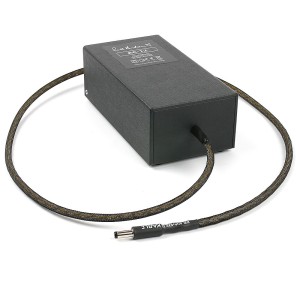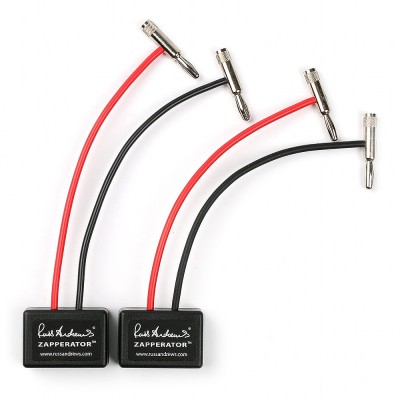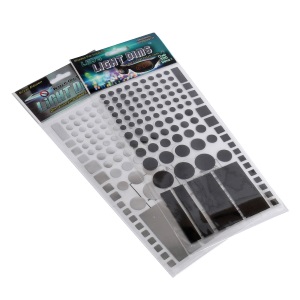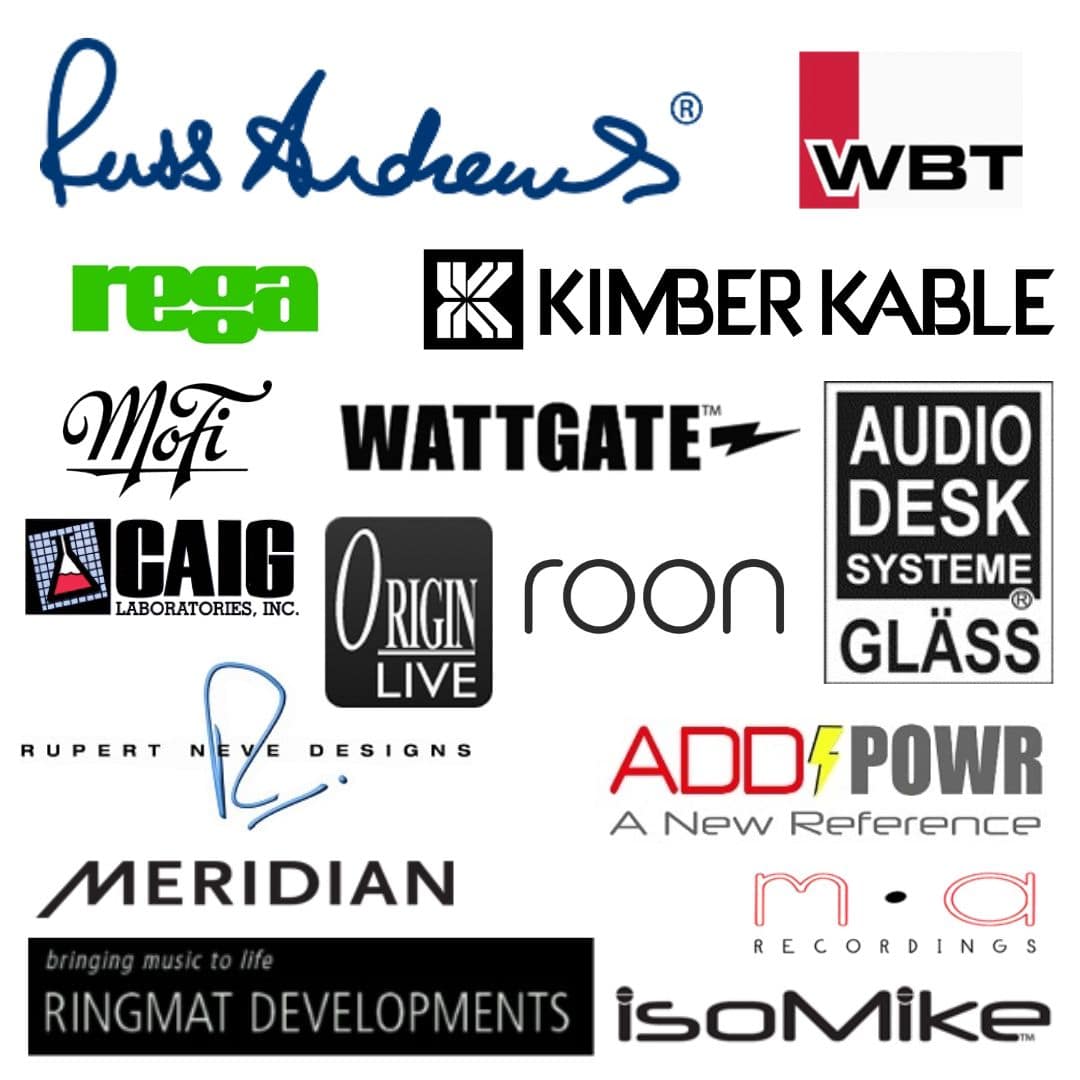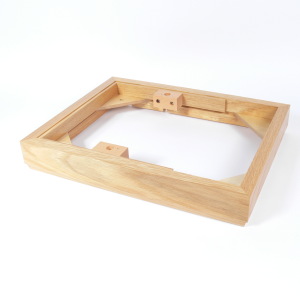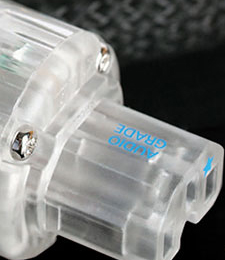Beware: Ethernet Over Mains
Friday, 3rd January 2020
Do you use ‘powerline’ adaptors at home? There are very good reasons why you shouldn’t, argues John Armer.
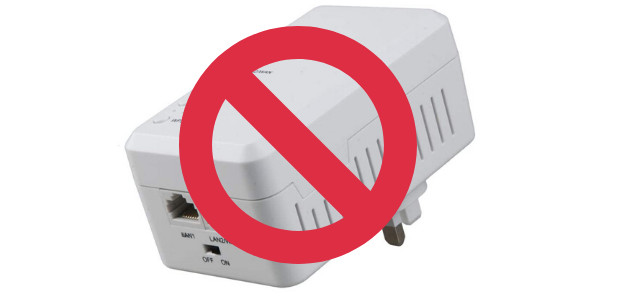
One problem with computer audio set ups is that, on the whole, they need to be connected to the internet. They do this so that they can connect to online streaming services such as Tidal, Spotify or Qobuz; they also might need to connect to a metadata service, and to update the firmware of your streamer via the internet.
Wired for sound.
Typically, a streamer sits in your equipment rack which then needs to be connected via a wired connection (an Ethernet cable) or wirelessly to your internet router. A wired connection is always preferable since it’s robust, it’s not susceptible to walls impeding data transfer rates and so on. The problem with a wired connection is that internet routers are rarely (if ever) anywhere near your Hi-Fi system. They tend to be close to your telephone point in your hall, or in your office upstairs, about as far away from your Hi-Fi system as possible.
On paper, ‘ethernet-over-mains’ devices (or Powerline adaptors as they are sometimes called) are the ideal solution. They use special powered ‘plugs’ that adapt your mains wiring to become a computer network; plug one into the mains close to your router, another behind your Hi-Fi system, and then link the router to the first ‘plug’ with an Ethernet cable, and your streamer to the second plug with a second Ethernet cable. The mains wiring carries the network data from your router to your system, there’s no drilling required, no long cables to run and none to hide. Perfect! Well no, they’re not perfect, and in my view any Hi-Fi enthusiast worth his or her salt should do their best to get these adaptors out of their systems as soon as possible.
Their primary problem is that you are, in effect, injecting RF directly onto your mains supply - precisely what we’ve all been working hard to remove. RFI is the reason systems can sound flat, lacking in musicality and simply not perform as well as they could.
The second reason was pointed out to me by Phil Harris of manufacturer dCS. Harris is a specialist in networking and explained that when troubleshooting a computer audio system, he’d experienced a significant number of problems that were traced back to ‘Ethernet over mains’ adaptors. “They’re just not reliable” he admitted. “Never use them if you want a stable system”. One baffling example he gave had the system falling over whenever anyone used the microwave in the house. When switched on, the microwave put so much gunk onto the mains that the ethernet adaptors were unable to cope and the network collapsed and the music stopped playing. A touch impractical!
The direct approach.
So, if you can’t use Ethernet over mains adaptors how can you connect your streamer which is in your living room to your internet router which is in the hall or upstairs in your study? Harris was emphatic. “You can always get a wired connection between your streamer and your router wherever it is. It might take a bit of ingenuity, but there’s no excuse – you can always run a cable to your streamer”.
I had this very problem when setting up my system.; my internet router was upstairs close to my telephone point and the system downstairs. I solved it by adding a second telephone point in the room my system was in which enabled me to re-site my router and get the streamer plugged into it directly.
So that’s my strong recommendation – never use Ethernet over mains devices and always wire your streamer to your router for the best performance – there’s always a way.
Written By John Armer
Comments
reviewed by Rafi
01 Jun 2020












